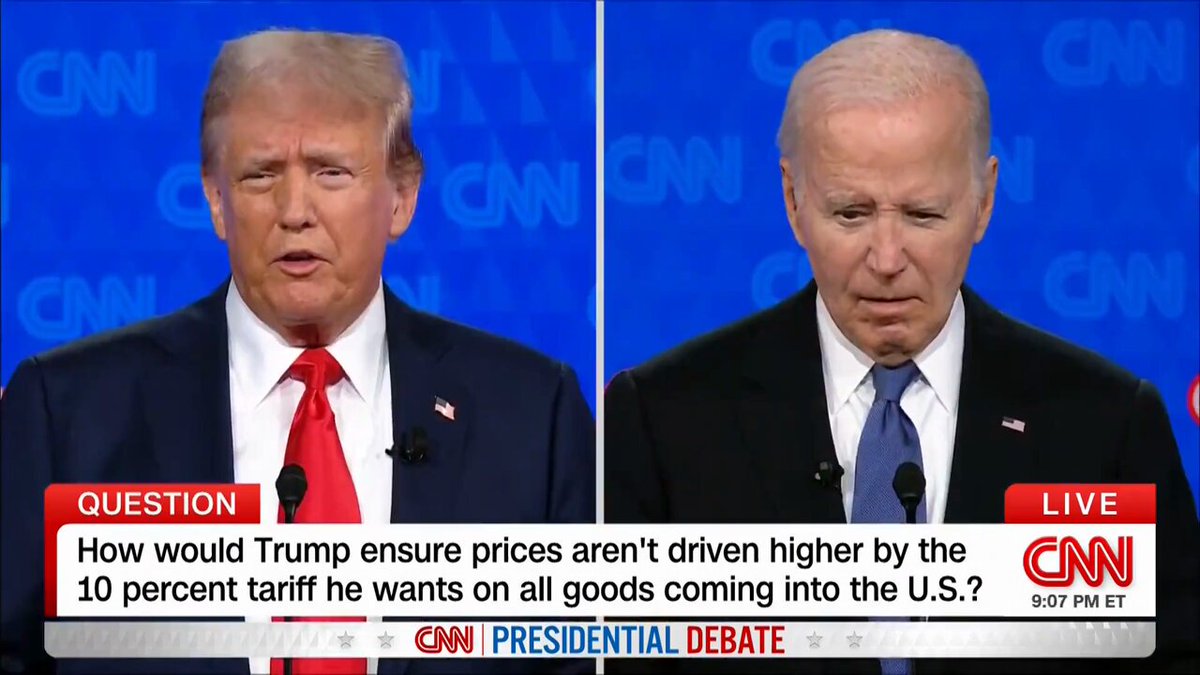The statement is a political assertion that engages with public issues such as tax policy, economic regulation, and the performance of different presidential administrations. It is part of a broader political discourse and thus constitutes public discourse.
- The statement does not appear to cause harm directly, but it does use charged language ('fix Biden's broken economy') which could be seen as divisive. [-1]Principle 1:I will strive to do no harm with my words and actions.
- The statement does not engage in cyberbullying, harassment, or hate speech, but it does criticize a public figure (President Biden) in a manner that could be seen as disrespectful. [-1]Principle 2:I will respect the privacy and dignity of others and will not engage in cyberbullying, harassment, or hate speech.
- The statement does not promote understanding, empathy, or compassion; it is more focused on political advocacy. [-1]Principle 3:I will use my words and actions to promote understanding, empathy, and compassion.
- The statement does not engage in constructive criticism or dialogue; it makes a partisan claim without inviting discussion or addressing counterarguments. [-2]Principle 4:I will engage in constructive criticism and dialogue with those in disagreement and will not engage in personal attacks or ad hominem arguments.
- The statement uses political influence to advocate for a specific policy agenda, which can be seen as an attempt to influence public opinion for what the speaker believes is the betterment of society. [+1]Principle 6:I will use my influence for the betterment of society.
- The statement upholds the principle of free speech and uses the platform to express a political viewpoint, though the integrity of the claims (e.g., 'largest tax cut in history') could be debated. [+1]Principle 7:I will uphold the principles of free speech and use my platform responsibly and with integrity.
